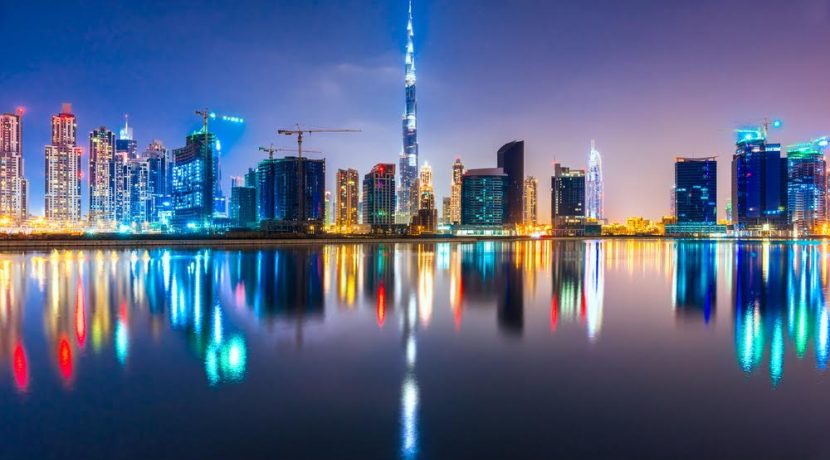Prime property market outpaces market average during Jan-April 2016
Dubai’s prime market has continued to outperform the market average in the first four months of 2016, driven by a number of factors, according to Knight Frank.
The UK-based consultancy pinpoints three such factors (mentioned below) that have supported regulation in prices and are set to encourage the return of confidence to the market.
• Government commitment to infrastructure spending
While it is too soon to estimate the impact of the Expo 2020 on the residential sector, continued government spending on infrastructure projects geared towards the event for e.g. Route Metro 2020, Dubai Parks & Resorts, etc. will promote confidence in the market and is expected to draw further inward capital.
• Controlled supply
The report said that there is a general consensus among developers of the need to phase out residential projects in line with demand.
• Strong liquidity
The residential real estate market continues to attract capital from strong liquid markets such as Saudi Arabia and India; two of the traditionally top buyers of real estate in the emirate.
Emirates 24/7 reported in January 2016 that over 150 nationalities had invested Dh135 billion in Dubai’s property market in 2015.
Read: Which nationalities invest Dh135 billion in Dubai property market
# Prices Stable
According to the report, the residential sales index remained stable from January to April 2016.
Despite an annual nine per cent year-on-year drop decline in the mainstream market, the general Reidin sale price index remained relatively flat on a monthly basis, with no noticeable changes in the performance of both apartments and villas.
The prime market continued to outperform the market average. While the general Reidin prime price index declined five per cent in the January-April 2016 versus January-April 2015, encouragingly prices in the prime segment increased two per cent on a quarterly basis between fourth quarter 2015 and first quarter 2016.
The performance of prime apartments outweighed that of villas, with the index pointing to a 2 per cent quarterly increase over the same period. In turn, prime villas recorded no significant price change.
# Abu Dhabi
In Abu Dhabi, sale prices remained relatively stable on the back of a shortage in quality residential supply.
The general Reidin sale price index points to a one per cent increase year-on-year in first quarter 2016. While demand has declined on the back of corporate restructuring and cutbacks in government spending, this has been balanced by a slowdown in the delivery of projects, thus keeping the market steady, the report said.
# Recovery next year
Giving its viewpoint, the consultancy said the residential market in the UAE is expected to soften over the second half of the year.
“While it’s difficult to predict when the next growth cycle will be, we expect the residential market to level out by the end of 2016 before seeing gradual recovery in 2017. On a segment split, we expect prime residential properties will continue to outperform the market average in the short-to-medium term,” it added.
Emphasising Dubai’s position as one of the top 5 global cities that matter to private high net worth individuals, Knight Frank expects the emirate to continue attracting investments both regionally and globally.
But the outlook in general and the real estate sector in particular will depend on a number of fundamentals such as volatility in oil prices, the European Union referendum (June 2016), US presidential elections (November 2016) and on-going geopolitical tensions, the report said.
All rights reserved to the initial publisher for emirates247.com
Collected and published by Arms &McGregor International Realty® editorial team. Get in touched with us at [email protected]

